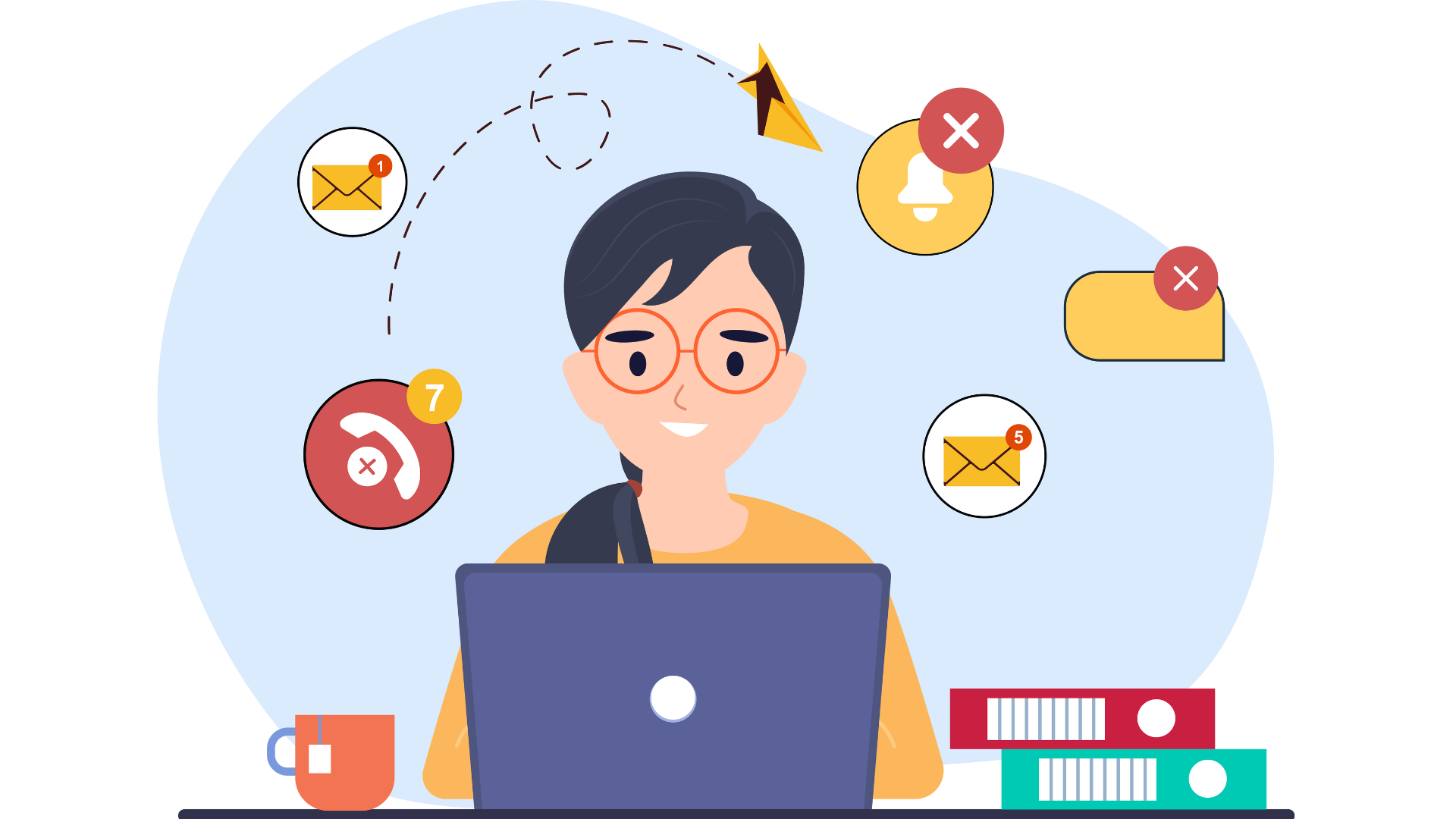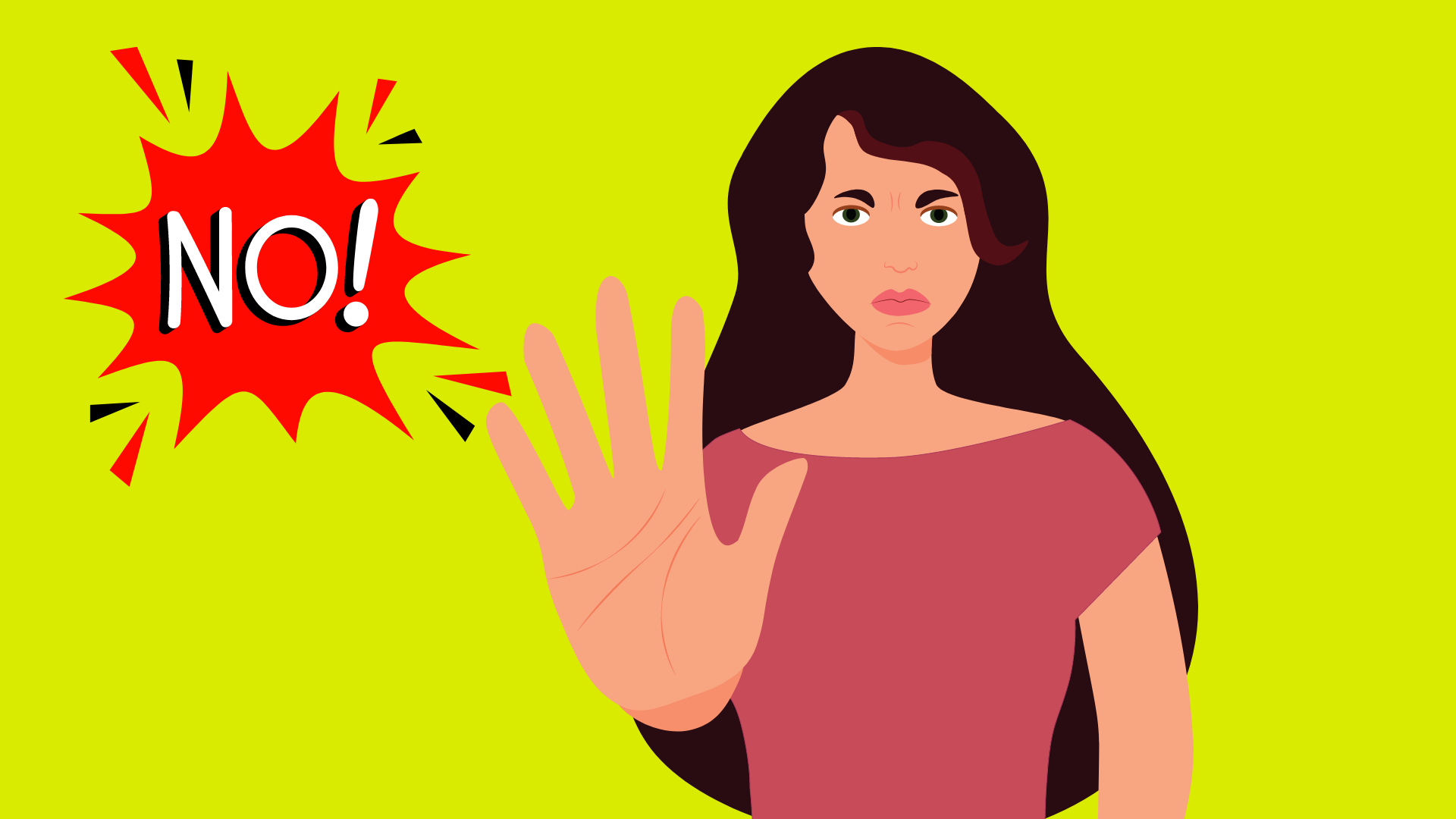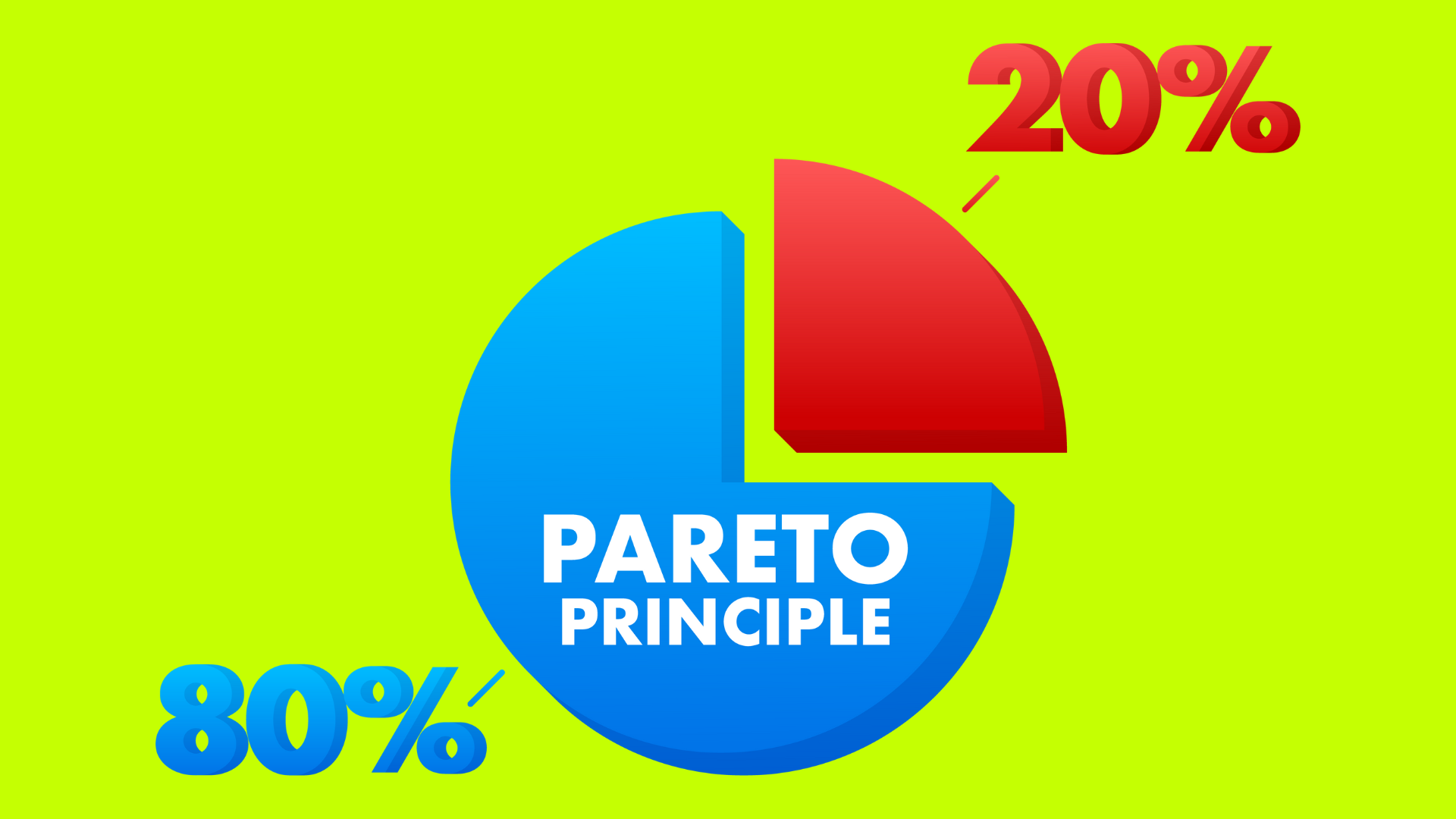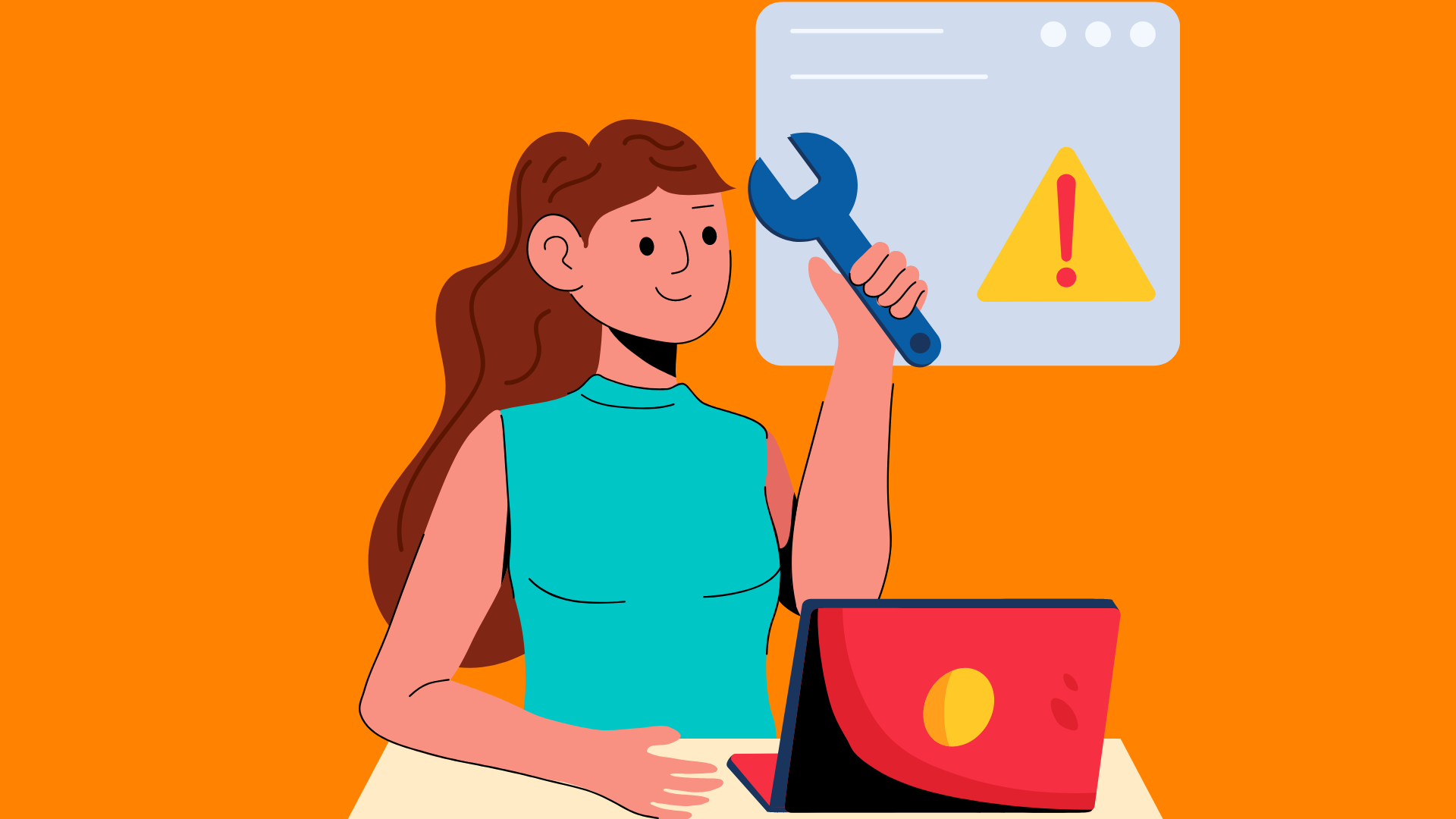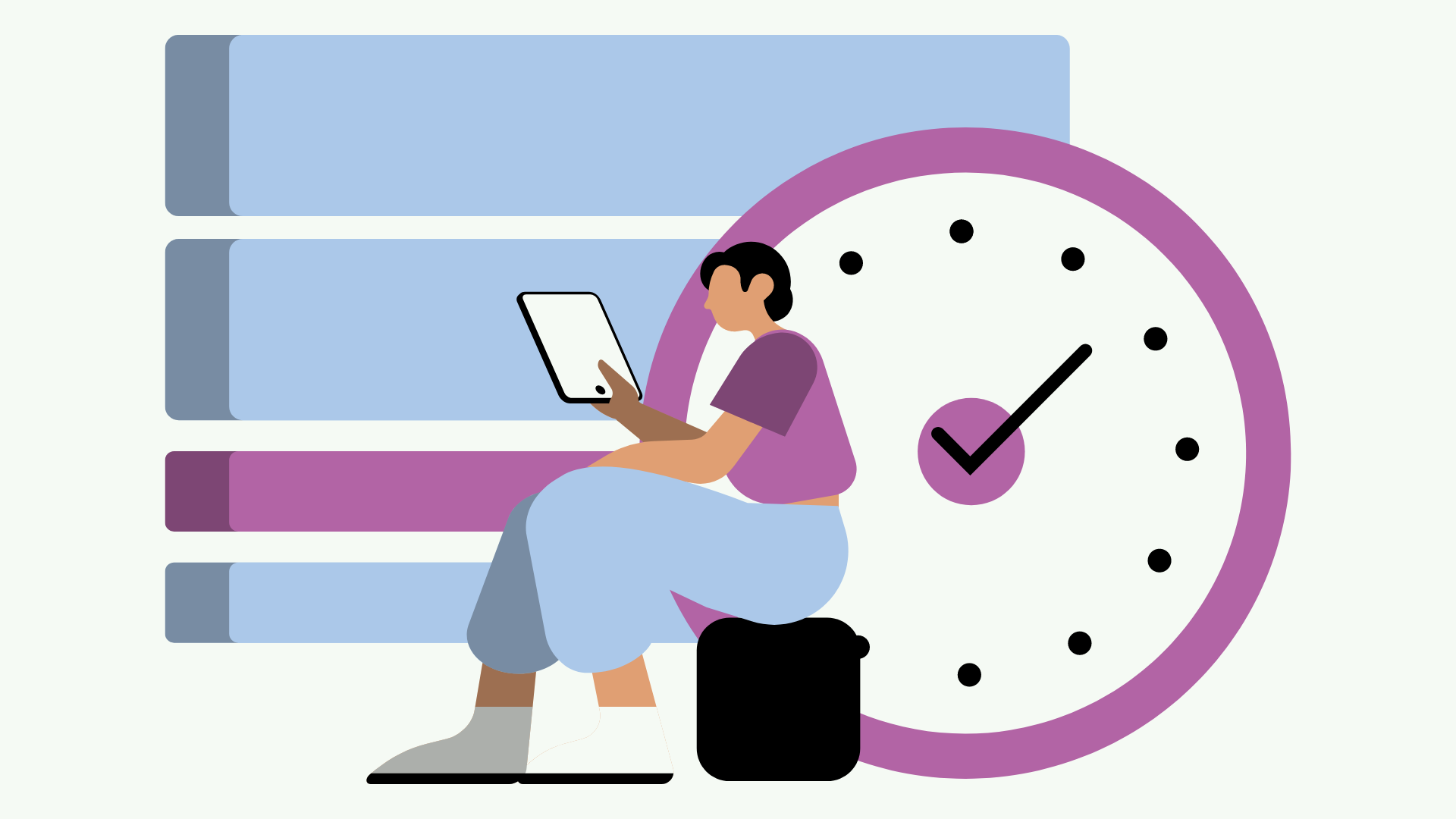Distractions are a pervasive challenge in today’s fast-paced world. Whether you’re working from home, studying for exams, or simply trying to focus on personal goals, managing distractions is crucial for achieving success and maintaining productivity. In this comprehensive guide, we’ll explore effective strategies for avoiding distractions and staying focused, helping you enhance your productivity and reach your goals more efficiently.
Table of Contents
Understanding How to Avoid Distractions: What Are They and Why Do They Happen?
Distractions come in many forms, from digital interruptions like social media notifications to environmental factors such as noise or clutter. Understanding what constitutes a distraction and why it affects us can provide insight into how to manage it better.
Common Sources of Distractions
- Digital Interruptions: Smartphones, social media, and email notifications are significant sources of distraction. The constant barrage of alerts can interrupt your flow and break concentration.
- Environmental Factors: Noisy environments, cluttered workspaces, and interruptions from family or colleagues can detract from your focus.
- Internal Distractions: Stress, fatigue, and anxiety can also be internal distractions that make it difficult to concentrate on tasks.
Why Distractions Affect Us
Distractions can affect our productivity and focus for several reasons:
- Cognitive Overload: Constantly switching between tasks can overwhelm the brain, reducing efficiency and increasing errors.
- Attention Fragmentation: Frequent interruptions can fragment our attention, making it harder to re-engage with tasks effectively.
- Stress and Anxiety: Distractions can lead to increased stress and anxiety, which further impairs concentration and performance.
Strategies: How to Avoid Distractions
Now that we understand the nature of distractions, let’s delve into actionable strategies to manage and minimize them effectively.
1. Identify Your Distractions
The first step in avoiding distractions is identifying what specifically diverts your attention. Keeping a distraction journal for a week can help you recognize patterns and pinpoint the main culprits.
Tips:
- Track the time spent on various activities.
- Note when and where distractions occur.
- Reflect on your mood and energy levels during distraction episodes.
By understanding your distractions, you can tailor strategies to address them effectively.

2. Create a Dedicated Workspace
A well-organized and distraction-free workspace can significantly enhance your focus. Designate a specific area for work or study that’s separate from other activities.
Tips:
- Choose a quiet location away from common distractions.
- Keep your workspace tidy and organized.
- Equip your workspace with the necessary tools and resources to minimize interruptions.
A dedicated workspace can help create a mental boundary between work and leisure, improving your ability to concentrate.

3. Implement Time Management Techniques
Effective time management techniques can help structure your work and reduce the impact of distractions. Techniques like the Pomodoro Technique, time blocking, and the two-minute rule can improve your focus and productivity.
Pomodoro Technique:
- Work for 25 minutes, then take a 5-minute break.
- After four cycles, take a longer break (15-30 minutes).
Time Blocking:
- Allocate specific blocks of time for different tasks or activities.
- Stick to the schedule as closely as possible.
Two-Minute Rule:
- If a task takes less than two minutes, do it immediately.
- This can help prevent small tasks from piling up and becoming distractions.

4. Set Clear Goals and Prioritize Tasks
Setting clear goals and prioritizing tasks can provide direction and reduce the likelihood of distractions. Break down your tasks into manageable steps and focus on high-priority items first.
Tips:
- Use to-do lists or task management apps to keep track of your goals.
- Rank tasks by importance and urgency.
- Set specific, achievable milestones to track progress.
Clear goals and priorities can help you maintain focus and avoid getting sidetracked by less important tasks.

5. Turn Off Notifications and Limit Digital Distractions
Digital distractions can be a major productivity killer. Managing your digital environment effectively can help minimize interruptions and keep you focused on your tasks.
Tips:
- Silence or disable non-essential notifications on your phone and computer.
- Use website blockers to prevent access to distracting sites during work hours.
- Set specific times to check and respond to emails and messages.
By controlling your digital environment, you can reduce the constant barrage of interruptions and maintain better focus.

6. Practice Mindfulness and Stress Management
Mindfulness and stress management techniques can help improve your concentration and reduce the impact of distractions. Practices like meditation, deep breathing, and progressive muscle relaxation can enhance your ability to stay present.
Tips:
- Incorporate short mindfulness exercises into your daily routine.
- Practice deep breathing techniques to manage stress and anxiety.
- Use apps or guided meditations to support your mindfulness practice.
Regular mindfulness practice can help train your mind to stay focused and manage distractions more effectively.

7. Take Regular Breaks and Avoid Burnout
Taking regular breaks is essential for maintaining productivity and avoiding burnout. Breaks allow your brain to rest and recharge, reducing the likelihood of distractions caused by fatigue.
Tips:
- Schedule short breaks throughout your work sessions.
- Use break time to engage in relaxing or enjoyable activities.
- Avoid working for extended periods without rest.
Regular breaks can help refresh your mind and improve your overall focus and productivity.

8. Limit Multitasking and Focus on One Task at a Time
Multitasking may seem efficient, but it often leads to decreased productivity and increased distractions. Focusing on one task at a time can help you complete tasks more efficiently and with higher quality.
Tips:
- Prioritize tasks and work on them sequentially.
- Avoid switching between tasks frequently.
- Use techniques like single-tasking or batch processing to manage multiple tasks effectively.
By concentrating on one task at a time, you can enhance your focus and minimize distractions.

9. Seek Accountability and Support
Having an accountability partner or support system can help you stay focused and motivated. Sharing your goals with others can encourage and keep you on track.
Tips:
- Find a friend, colleague, or mentor to share your goals with.
- Schedule regular check-ins to discuss progress and challenges.
- Join support groups or communities related to your goals.
An accountability partner can help you stay committed and manage distractions more effectively.

10. Maintain a Healthy Work-Life Balance
Balancing work and personal life is crucial for overall well-being and productivity. Striking the right balance can reduce stress and minimize distractions caused by work-related issues.
Tips:
- Set boundaries between work and personal time.
- Engage in hobbies and activities outside of work.
- Prioritize self-care and relaxation.
A healthy work-life balance can help you manage distractions and maintain focus in both work and personal activities.

Conclusion
Avoiding distractions is essential for maintaining productivity and achieving your goals. By understanding the sources of distractions and implementing effective strategies, you can create a focused and productive environment. Whether you’re working from home, studying, or pursuing personal goals, the tips and techniques outlined in this guide can help you minimize distractions and enhance your productivity.
Remember that managing distractions is an ongoing process. Regularly assess your strategies, adjust as needed, and stay committed to creating a distraction-free environment. With persistence and practice, you can overcome distractions and achieve greater success in your endeavors.
FAQ: How to Avoid Distractions
1. How to avoid distractions for students?
To avoid distractions, students should create a dedicated study space that is free from interruptions. Establish a routine that includes specific study times and breaks. Using tools like website blockers can prevent access to distracting sites, and practicing mindfulness techniques can help maintain focus.
2. How to avoid distractions while studying?
Set clear goals for each study session and use a timer to maintain focus. Minimize environmental distractions by turning off notifications on your devices and informing those around you of your study schedule. Active study methods, like summarizing or teaching the material, can also keep you engaged.
3. How to avoid distractions in the workplace?
Create a clutter-free workspace and use noise-canceling headphones if needed. Set boundaries with colleagues and schedule specific times for checking emails and messages. Use productivity tools to manage tasks and breaks, and communicate your focus times clearly to others.
4. How to avoid distractions from friends?
Politely communicate your need for study or work time to friends. Set specific times for socializing and ensure they understand your boundaries. Consider using the “Do Not Disturb” features on your phone and explain how uninterrupted time improves your productivity.
5. How to avoid distractions and stay focused essay?
In an essay, discuss the importance of setting clear goals and creating a distraction-free environment. Highlight strategies such as time management techniques, mindfulness practices, and the use of technology to minimize interruptions. Provide practical tips and personal anecdotes to illustrate these strategies.
6. How to stop getting distracted by thoughts?
Practice mindfulness and meditation to train your mind to stay present. Use techniques like cognitive behavioral therapy to identify and challenge distracting thoughts. Keep a notepad nearby to jot down distracting thoughts for later review, allowing you to refocus on the task at hand.
7. How to avoid distractions while studying online?
Use website blockers to prevent access to distracting sites and apps. Set specific study goals and use a structured schedule to manage online learning sessions. Ensure a stable internet connection to avoid interruptions and create a quiet, dedicated study environment.
Discover more from Positive Treasure
Subscribe to get the latest posts sent to your email.
